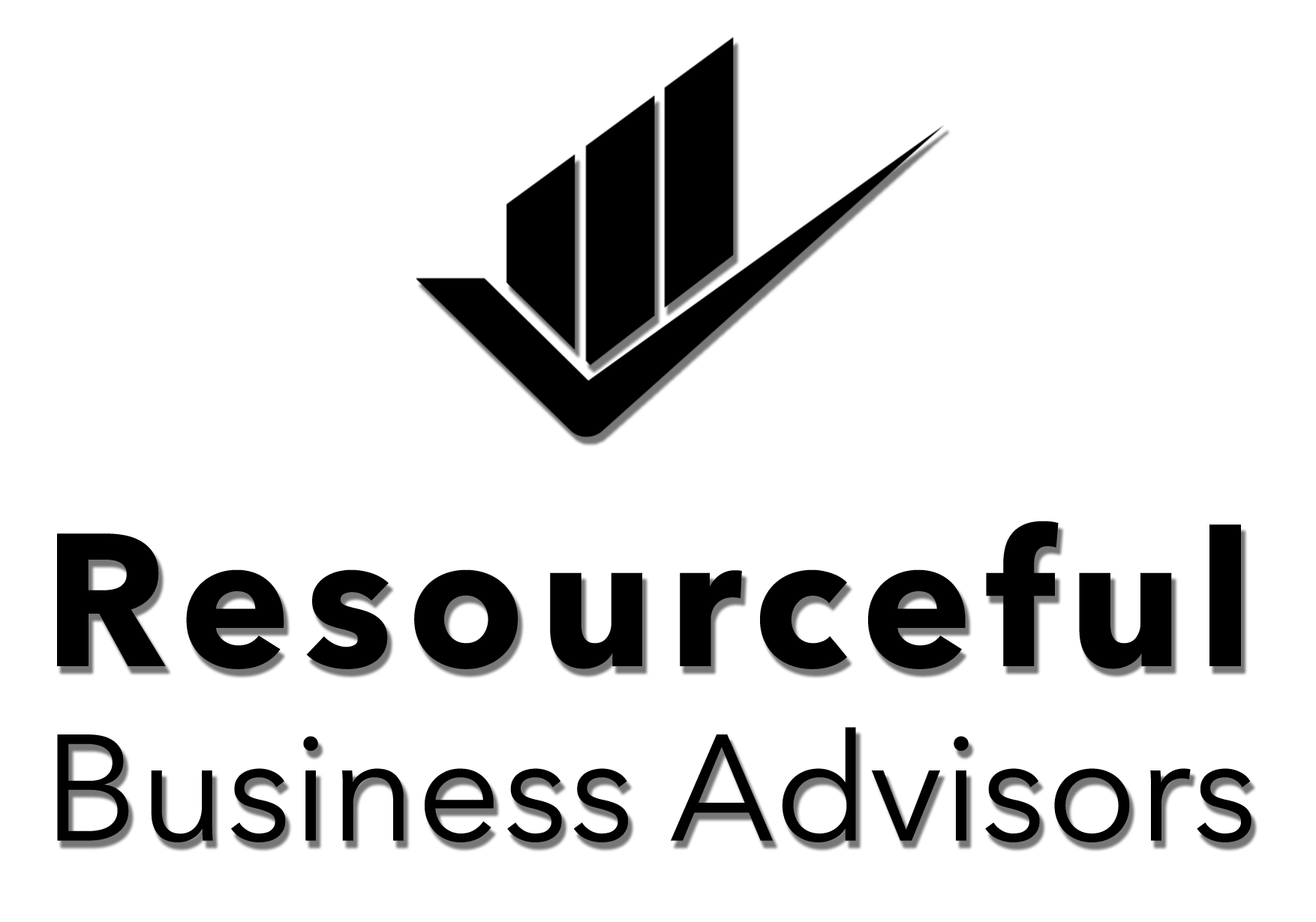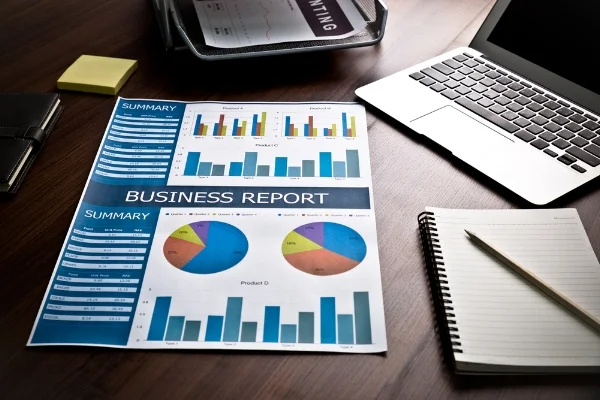Small Business Accounting
Smart Accounting can help you gain actionable insights into running your business more efficiently and profitably.
As a small business owner you have more important things to do than to keep your own books. Let us focus on the numbers so you can get back to the job of running your business and generating profits.
Common Tasks We Perform for Small Businesses Monthly or Quarterly:
Reconcile your bank account
Generate an income statement
Generate a balance sheet
Clean up your general ledger
Get a realtime analysis every month to show you the state of your business. You can customize the package of services you receive by adding payroll, tax planning, tax preparation, or any of our other services. We are happy to provide unlimited consultations so that you can feel at ease.
Ways We Can Help:
- Bank Reconciliation: Reconciling your business checking account each month allows us to keep your bank account, accounting, and taxes up-to-date.
Identify lost checks, lost deposits and unauthorized wire transactions.
Detect and prevent excess/unjustified bank charges and ensures transactions are posted correctly by your bank.
Detect and prevent embezzlement of funds from within your company.
Protect yourself. By timely reconciling and promptly objecting to your bank about any unauthorized, fraudulent or forged checks presented to your bank and paid by that bank, you can relieve your company of responsibility for the shortfall and transfer the risk to the bank. This reason to reconcile alone should be enough. Crime exists.
Manage your cash more effectively. Proper management of funds not only saves money, it makes money for you.
- Income Statement: Otherwise known as a profit and loss statement, basically adds an itemized list of all your revenues and subtracts an itemized list of all your expenses to come up with a profit or loss for the period. It allows you to:
Track revenues and expenses so that you can determine the operating performance of your business.
Determine what areas of your business are over-budget or under-budget.
Identify specific items that are causing unexpected expenditures. Like phone, fax, mail, or supply expenses.
Track dramatic increases in product returns or cost of goods sold as a percentage of sales.
Determine your income tax liability.
- Balance Sheet: A balance sheet gives you a snapshot of your business' financial condition at a specific moment in time. It helps you to:
Quickly get a handle on the financial strength and capabilities of your business
Identify and analyze trends, particularly in the area of receivables and payables. For example, if your receivables cycle is lengthening, maybe you can collect your receivables more aggressively.
- Balance sheets, along with income statements, are the most basic elements in providing financial reporting to potential lenders such as banks, investors, and vendors who are considering how much credit to grant you. It helps you discover:
If your business is in a position to expand.
If your business can easily handle the normal financial ebbs and flows of revenues and expenses.
If you need to take immediate steps to bolster cash reserves
If your business has been slowing down payables to forestall an inevitable cash shortage
- General Ledger: the core of your company's financial records, these records constitute the central "books" of your system. Since every transaction flows through the general ledger, a problem with your general ledger throws off all your books.
Reviewing your general ledger monthly allows us to identify discrepancies, such as double billings or unrecorded payments as well as fix them to ensure accuracy.


